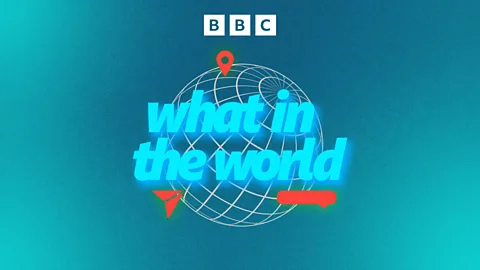
What in the World
What in the World
Why are India and Pakistan clashing over Kashmir?
Up next
May 12, 2025
13 minutes
Available for over a year
India and Pakistan have largely seen each other as rivals since they got their independence from Britain in 1947.
Recently, tensions have erupted there again, and over the past week both sides have launched cross-border military strikes.
It’s been over Kashmir - a Himalayan region which both India and Pakistan claim as theirs. Each isters part of it, and they’ve fought wars over it before. With this latest flare up, many are worried it could lead to another- and both sides have nuclear weapons.
Now, India and Pakistan have agreed to a ceasefire.
What’s the background to it all? We ask a load of BBC journalists, like Lyse Doucet and Arunoday Mukharji, to break down the history of it all.
Instagram: @bbcwhatintheworld
Email: [email protected]
WhatsApp: +44 330 12 33 22 6
Presenter: Hannah Gelbart
Producers: Julia Ross-Roy, Adam Chowdhury, Rosabel Crean, Emily Horler, Benita Barden
Editor: Verity Wilde
